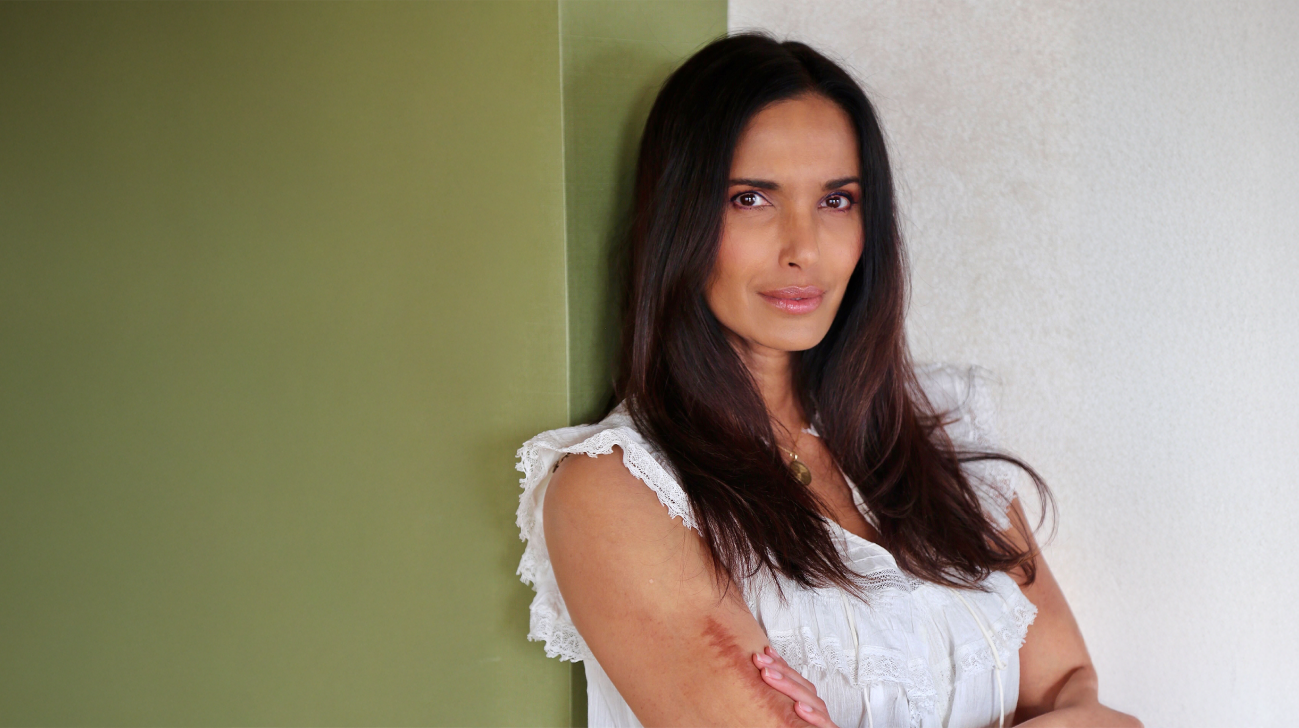As an Emmy-nominated TV host, bestselling author, and women’s health advocate, Padma Lakshmi’s blend of creativity and strategic business savvy has left a lasting impact across such wide-sweeping industries as fashion, food, television, publishing, and philanthropy.
In honor of Asian and Pacific Islander Heritage Month, we invited the multihyphenate to take The Power Seat for a Chief-exclusive conversation.
Read on for firsthand wisdom from her boundary-breaking career, including how she’s remained deeply connected to her roots and how she continues to lead with purpose and integrity.
On the power of humble leadership.
“I know when I know what I know, and I also know when I need to let somebody else lead.
“Having humility and knowing to ask for help is really important, because a little bit of self-awareness and humility goes a long way, not only in success but also in making sure those who are working really hard for you know that you want their input, you value their input. You don't think you know it all, because you don't. The more I advance in my career, the more I understand what I don't know and how little I know.”
On knowing when to make that career pivot.
“You will never know 100% for sure if it is the right time.
“I left a very successful, very cushy job at Top Chef, and it was scary... It was a calculated risk that I took after making sure that I had enough money to float for a certain amount of time, and really figure out my next move, and that is a luxury that not everyone has but is worth trying. You know you want to put all your ducks in a row, because the worst thing is to be without a job and then to have anxiety, because that anxiety can often impede your judgment and your thinking.
“Everything in your life can't be hard. So if you're about to take a big risk, and throw yourself in the abyss, and it's going to be hard for a while, potentially, you want other areas in your life, if possible, to be softer. If you've got to do interviews in the evening, you've got to make sure you have some sort of support system, whether it's a neighbor, or a grandparent, or even a friend. And you have to say, ‘Hey, would it be OK for my kids to have dinner at your house? Because there's no other time I can do this,’ or even if you're at home but you really just need peace because you're trying to write a proposal for something.
“I think, as women, we are shy about asking for help. But anything that you can do to foster a successful outcome from this risk that you're contemplating taking on is better. You're just stacking your deck. And that is really, really important.”
On avoiding being pigeonholed by the expectations of being a woman.
“It’s been hard. Sometimes people make assumptions about you, or they're just expecting you to fail, and it's very hard to tune them out. It really is. That's the hardest thing for me to do, because I'm someone who was raised to be concerned with what people think all the time. You know, it's a very big part of Indian culture, and also another part of Indian culture is to be docile, and be reserved, and be accommodating — especially as Asian women. I've never gotten anywhere by being accommodating. Hopefully, I've always been polite and well-mannered, but I think what you have to do is just know in your heart that you have something to contribute and that will carry you forward.”
On how she integrates passion into her professional work.
“The thing that makes me feel the most powerful is when I can pick up the phone and help a younger person… I didn't have a lot of mentors when I was starting out, and I didn't even know where to go to find them. I'm lucky that I have them now, but I didn't until recently, so you know I've made it my mission to try and help other young women who may or may not be in the same exact career that I am, whether it's just for strategic conversations, or what they should ask for with their new employer, or you know how they should go about doing a deal. And if I don't know the information I will pick up the phone.”

